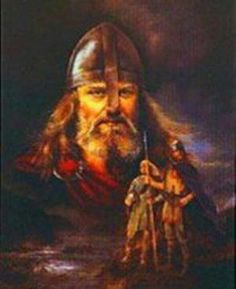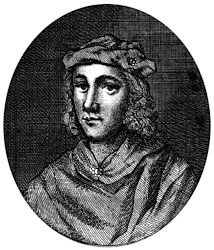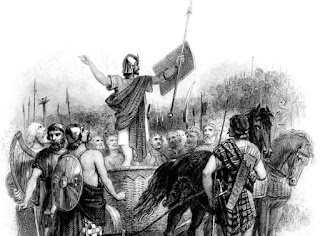Alexander Dalrymple
Alba Historical snippets
Alexander Dalrymple
Everyone has heard of Captain James Cook, the great English explorer of the Pacific who discovered the east coast of Australia and New Zealand and claimed them for the British crown. Fewer, though, will have heard of Alexander Dalrymple, the Scots navigator and hydrographer who made these discoveries possible.
In fact, it was Dalrymple's unshakeable belief in the existence of a great southern continent and his research into it that led the British Admiralty to mount an expedition in 1768.
Cook, a naval officer, was appointed to command the ship Endeavour. Dalrymple had wanted to lead this voyage, but despite his superior knowledge of the region and his fine track record in charting unknown coasts, he was passed over because he was a civilian.
Cook took with him Dalrymple's maps and information – analysed data from the voyages of Spanish and Portuguese explorers who had been seeking the fabled southern continent for about 60 years and which Dalrymple published as “An Account of the Discoveries made in the South Pacific Ocean previous to 1764'.
With a territorial expansion in mind, the Admiralty pointed Cook in the right direction, and his three long voyages of exploration guaranteed him a place in the history books.
Dalrymple, meanwhile, swallowed his disappointment, helped compile reports of Cook's discoveries, and remained a relatively obscure figure in this great age of global quest.
Dalrymple's ground-breaking work as a map-maker has rarely been equalled. In his time, the South Pacific coasts and myriad islands were still areas of mystery. From accurate measurements and observations he drew up several thousand charts, and it has been said that through these he may have saved more lives than anyone else of his generation. It was through Dalrymple's research that Britain established important bases in Penang and Singapore.
Born in Edinburgh in 1737, one of 16 children of a well-connected family of diplomats, soldiers and judges,
Dalrymple joined the East India Company, where he negotiated trading agreements with various rulers in the Pacific area and explored the waters around Borneo and New Guinea. He had the reputation of being a perfectionist but also of an extremely irascible leader.
In 1779 he became the company's first official hydrographer and in 1795 was appointed chart maker to the Navy.
As a member of the Royal Society and a friend of Adam Smith, Alexander Dalrymple was not without influential supporters. But despite his achievements, his rejection in favour of the now-famous Captain Cook left him a bitterly disappointed man.











Interesting post, thanks. I've been researching the Dalrymples and their roles in the Jacobite period and see that this fellow was the grandson of Sir David and greatgrandson of the Viscount Stair, who basically wrote Scots law while in exile in Leyden and Utrecht. Wee typo in your last para, by the way, Andrew for Alexander.
ReplyDeleteThanks for taking the time, Ewan. Typo sorted cheers for that. Interesting to read about his connection to Viscount Stair, I didn't know this. Every day's a school day.
Delete